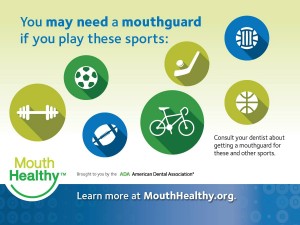October is National Breast Cancer Awareness Month.
Think Pink!
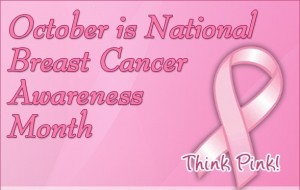 October is Breast Cancer Awareness Month; every October marks a renewed national campaign to increase awareness of the disease.
October is Breast Cancer Awareness Month; every October marks a renewed national campaign to increase awareness of the disease.
Most of us know someone whose life has been touched by breast cancer. It may be a co-worker, a friend, a family member, or themselves. 1 in 8 women will be diagnosed with breast cancer in her lifetime.
An early detection plan is the best way to catch the disease in its early stages. This includes monthly self-exams, clinical exams during an annual gynecological visit, and mammograms. When breast cancer is detected early, the 5-year survival rate is nearly 100%
A healthy life-style of eating a balanced diet, maintaining a healthy weight, and being active can reduce the risk factors of breast cancer and other illnesses.
The mouth is a very important part of our overall general health. According to the National Institute of Dental and Craniofacial Research, more than one-third of all cancer patients develop complications that affect the mouth. These can be mild to severe side effects and can include mouth sores, infection, dry mouth, sensitive gums and jaw pain. A dentist should be part of the cancer care team.
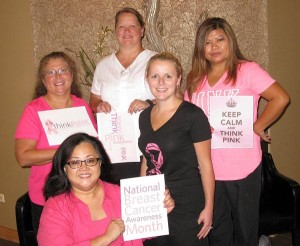 It is important to evaluate a patient’s dental health and discuss treatment options prior to starting cancer treatment. By treating areas of concern the possible dental side effects associated with chemotherapy and radiation can be reduced.
It is important to evaluate a patient’s dental health and discuss treatment options prior to starting cancer treatment. By treating areas of concern the possible dental side effects associated with chemotherapy and radiation can be reduced.
If you have any questions or concerns, please contact our office. Dr. Tingzon and her staff truly care about their patients and helping them achieve and maintain optimum oral health.
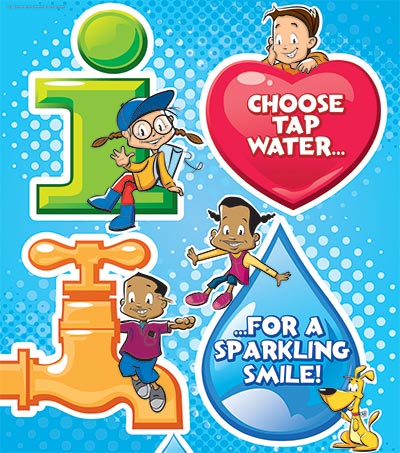 Did you know that tooth decay is the most common chronic children’s disease in the country?
Did you know that tooth decay is the most common chronic children’s disease in the country?
 In less than one month you’ll be celebrating the New Year and you will be celebrating a little more knowing you didn’t allow your 2016 Health Savings Account dollars to evaporate. Remember to use up your accumulated HSA insurance account; those hard-earned dollars do not rollover like the minutes in your cellular plan. Call us today to make an appointment or get more details.
In less than one month you’ll be celebrating the New Year and you will be celebrating a little more knowing you didn’t allow your 2016 Health Savings Account dollars to evaporate. Remember to use up your accumulated HSA insurance account; those hard-earned dollars do not rollover like the minutes in your cellular plan. Call us today to make an appointment or get more details.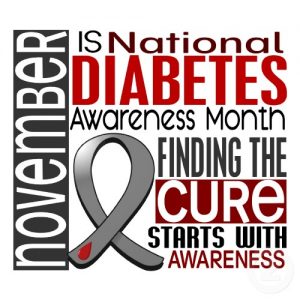 There isn’t a cure yet for diabetes, but a healthy lifestyle can really reduce its impact on your life. What you do every day makes the difference: eating a healthy diet, being physically active, taking medicines if prescribed, and keeping health care appointments to stay on track.
There isn’t a cure yet for diabetes, but a healthy lifestyle can really reduce its impact on your life. What you do every day makes the difference: eating a healthy diet, being physically active, taking medicines if prescribed, and keeping health care appointments to stay on track.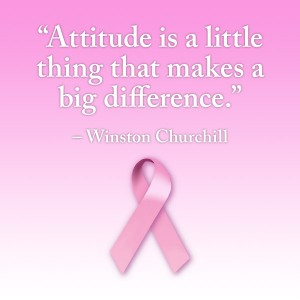
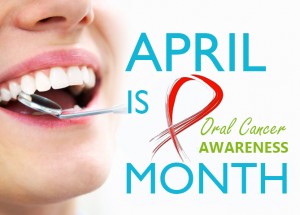 Oral cancer often occurs on the tongue, gums, floor of the mouth, and tonsils. Oropharyngeal cancer affects the oropharynx, or the throat in the back of the mouth.
Oral cancer often occurs on the tongue, gums, floor of the mouth, and tonsils. Oropharyngeal cancer affects the oropharynx, or the throat in the back of the mouth.


 It is important to evaluate a patient’s dental health and discuss treatment options prior to starting cancer treatment. By treating areas of concern the possible dental side effects associated with chemotherapy and radiation can be reduced.
It is important to evaluate a patient’s dental health and discuss treatment options prior to starting cancer treatment. By treating areas of concern the possible dental side effects associated with chemotherapy and radiation can be reduced.